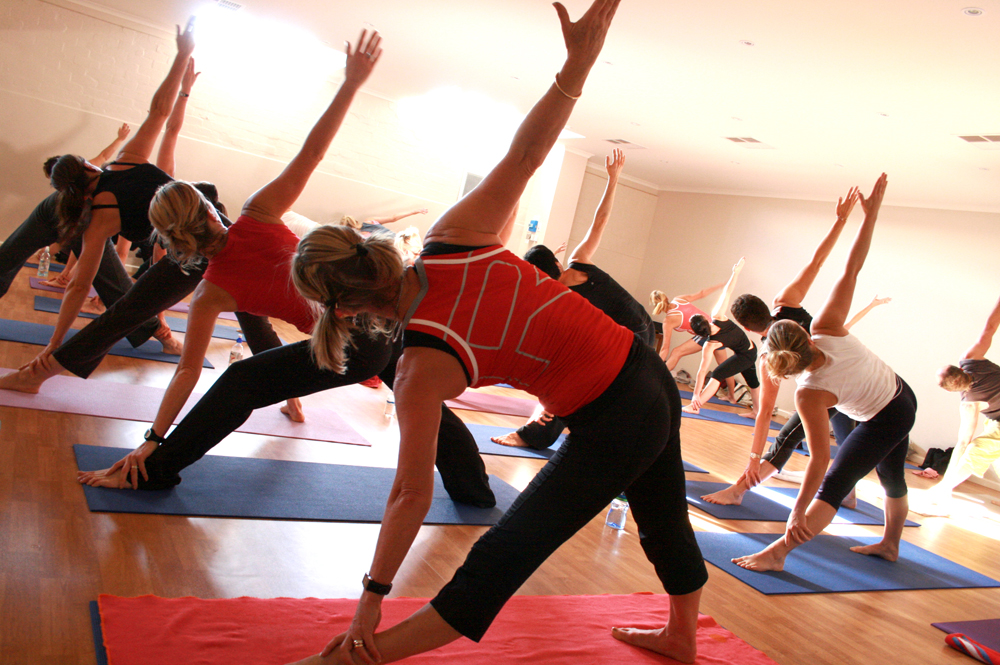We all experience stress on a daily level. Usually most of our stress is the chronic stress of annoyances like those nagging “to do” lists always in our minds, the hassles of driving, or the bombardment of information and technology. Current research is showing that daily yoga, if even for a few minutes, can help alleviate that chronic stress and leave not only our minds clearer, but our bodies healthier.
The physical effects of stress are numerous—blood pressure rises, the pulse quickens, digestion is adversely affected, and by the end of the day, we are often exhausted physically and mentally. Stress can bring on headaches, migraines, asthma, and even coronary heart disease. The long-term effects of this stress can also lead to allergies, susceptibility to colds, insomnia, and cancer (Seaward, 2011). Managing our stress can literally save our life, and yoga is one of many possible techniques.
Yoga is an ancient practice that has gained new popularity in the United States, and numerous new studies are finding that yoga indeed reduces stress. A study published in BioPsychoSocial Medicine (2011) found that “ongoing yoga training reduces the level of mental disturbance, anxiety, anger, and fatigue not only over the short- or intermediate-term, but also over a long term.” This study also found that long-term yoga reduces anxiety, anger and fatigue. Another study published in the Scandinavian Journal of Work, Environment & Health (2011), found that those doing yoga showed “marked improvements in feelings of clear-mindedness, composure, elation, energy, and confidence. In addition, the yoga group reported increased life purpose and satisfaction, and feelings of greater self-confidence during stressful situations.” The researchers of this study went so far as to suggest that employers offer yoga classes in the workplace as a way to manage stress effectively.
The more we make relaxation techniques like yoga a daily part of our practice, the easier it is to relax, unwind and return to homeostasis or balance. Having relaxation tools means we are more likely to be able to “roll with the punches” of the day with a little more grace, a lot more humor, and greater sense of integrity. As our yoga practice become more and more part of our daily lives, we will feel a greater sense of ease, be able to recover from a stressful situation more quickly, and that chronic nagging feeling will start to dissipate. Also, the more we practice these kinds of management techniques, the more easily we are able to recognize when we are out of balance and then we can take action to return to homeostasis sooner before the depleting effects of chronic stress have a chance to set in.
References
Seaward, B. L. (2011). Essentials of Managing Stress (2nd ed.). Sudbury, MA: Jones and Bartlett.


